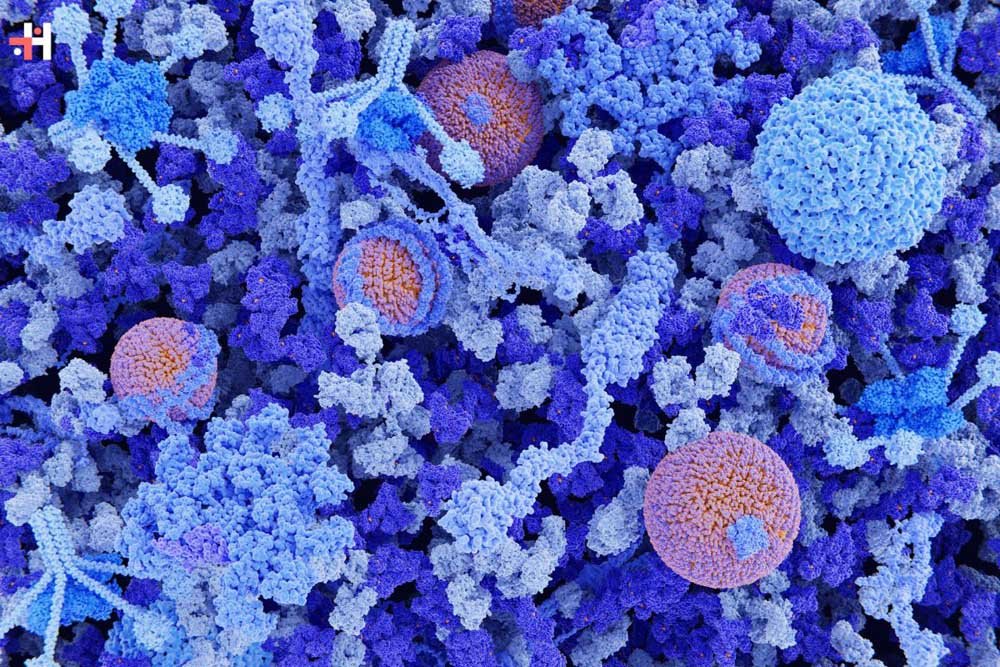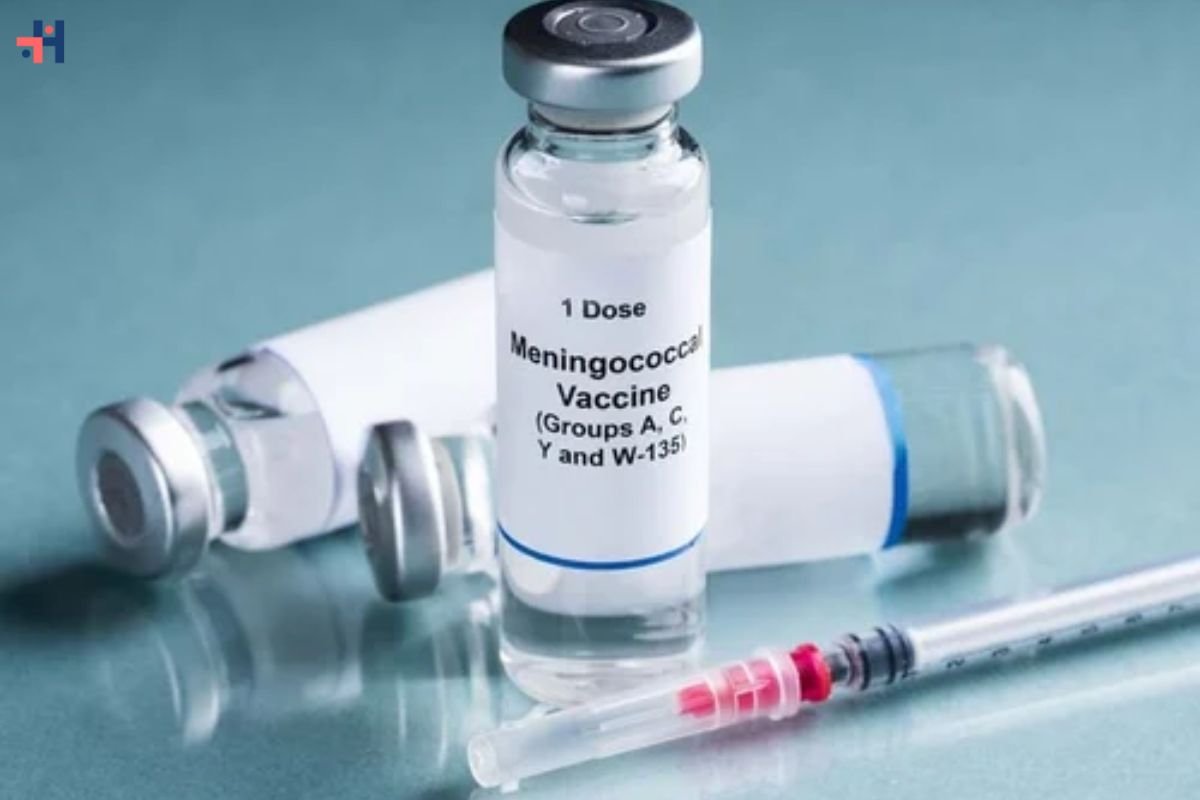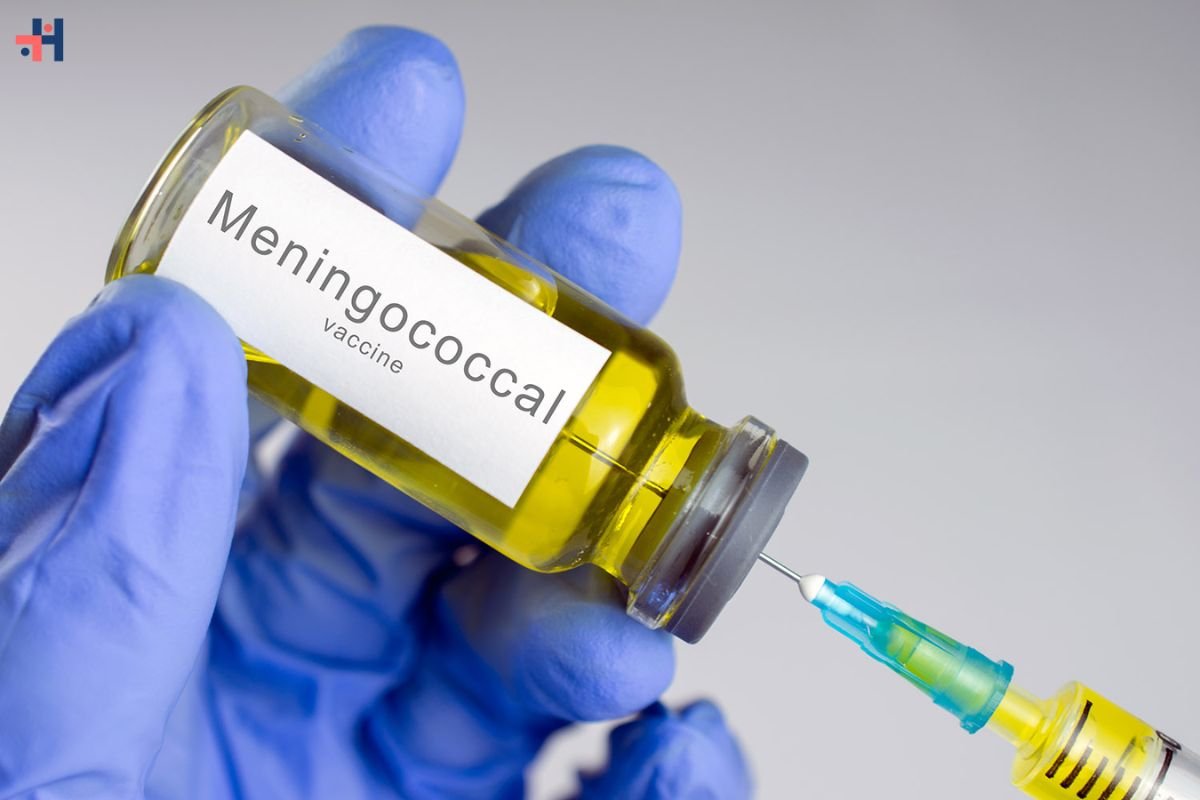Meningococcal disease poses a significant public health concern globally, with potentially devastating consequences if left untreated. Meningococcal antibodies play a pivotal role in the body’s defense against this bacterial infection, highlighting the importance of understanding their functions, vaccination strategies, and broader public health measures. In this extensive exploration, we delve into the multifaceted aspects of meningococcal antibodies, shedding light on their significance in combating meningococcal disease and safeguarding public health.
Understanding Meningococcal Antibodies:
Meningococcal antibodies, also known as anti-meningococcal antibodies, are specialized proteins produced by the immune system in response to exposure to Neisseria meningitidis bacteria, the causative agent of meningococcal disease. These antibodies serve as crucial components of the adaptive immune response, recognizing and neutralizing meningococcal bacteria to prevent infection and dissemination within the body. The production and presence of meningococcal antibodies are essential for establishing immunity against subsequent exposures to the pathogen, thereby conferring protection against meningococcal disease.
Types and Functions of Meningococcal Antibodies:

Meningococcal antibodies encompass various classes, including immunoglobulin M (IgM), immunoglobulin G (IgG), and immunoglobulin A (IgA), each with distinct functions and roles in the immune response. IgM antibodies are typically the first responders following initial exposure to meningococcal antigens, initiating the activation of the immune system and facilitating the clearance of bacteria from the bloodstream. Subsequently, IgG antibodies, particularly IgG subclass 2 and 3, contribute to long-term immunity by providing sustained protection against reinfection and systemic dissemination of meningococcal bacteria. IgA antibodies, predominantly found in mucosal surfaces such as the respiratory and gastrointestinal tracts, play a crucial role in preventing bacterial colonization and infection at these entry points.
Mechanisms of Action:
Meningococcal antibodies exert their protective effects through various mechanisms, including opsonization, complement activation, and neutralization of bacterial toxins. Upon encountering meningococcal bacteria, antibodies bind to specific surface antigens or epitopes, marking the pathogens for recognition and phagocytosis by immune cells such as macrophages and neutrophils—a process known as opsonization. Additionally, meningococcal antibodies can activate the complement system, a cascade of proteins that enhances the immune response by promoting the lysis of bacterial cells and the recruitment of inflammatory cells to the site of infection. Furthermore, antibodies can directly neutralize bacterial toxins, preventing them from exerting harmful effects on host cells and tissues.
Role of Immunization in Inducing Meningococcal Antibodies:

Vaccination represents a cornerstone of meningococcal disease prevention, stimulating the production of protective antibodies and conferring immunity against specific serogroups of Neisseria meningitidis. Meningococcal vaccines are available in several formulations, including conjugate vaccines, polysaccharide vaccines, and combination vaccines, each targeting different serogroups and populations.
Conjugate vaccines, such as MenACWY and MenB vaccines, elicit robust immune responses and offer broad protection against multiple serogroups, making them the preferred choice for routine immunization in adolescents and young adults. Polysaccharide vaccines, while effective, are primarily used in older age groups and specific high-risk populations due to their limited immunogenicity and shorter duration of protection. Combination vaccines, incorporating meningococcal components along with other vaccine-preventable diseases, provide convenience and streamline vaccination efforts, particularly in pediatric populations.
Immunization Strategies and Recommendations:
The Centers for Disease Control and Prevention (CDC) and other public health agencies provide guidelines and recommendations for meningococcal vaccination based on age, risk factors, and epidemiological considerations. In the United States, routine immunization against meningococcal disease is recommended for adolescents at age 11-12, with a booster dose administered at age 16 to enhance and prolong immunity. Additionally, certain populations, including college students, military recruits, travelers to high-risk areas, and individuals with underlying medical conditions, may require additional doses or specific vaccine formulations to mitigate their risk of meningococcal infection. Healthcare providers play a crucial role in promoting vaccination uptake and ensuring compliance with recommended immunization schedules, thereby reducing the burden of meningococcal disease within communities.
Safety and Efficacy of Meningococcal Vaccines:

Meningococcal vaccines have demonstrated favorable safety profiles and high levels of efficacy in preventing meningococcal disease and its complications. Clinical trials and post-marketing surveillance studies have consistently shown that meningococcal vaccines are well-tolerated, with the majority of adverse reactions being mild and transient, such as injection site reactions, fever, and fatigue. Serious adverse events are rare but can occur, including allergic reactions and Guillain-Barré syndrome; however, the overall benefits of vaccination in preventing potentially life-threatening infections far outweigh the risks associated with immunization. Furthermore, ongoing research and development efforts continue to refine vaccine formulations and optimize immunization strategies to enhance effectiveness and ensure long-term protection against meningococcal disease.
Conclusion:
Meningococcal antibodies play a pivotal role in the immune response against Neisseria meningitidis bacteria, serving as key mediators of protection against meningococcal disease. Through vaccination and the induction of specific antibody responses, individuals can bolster their immunity and reduce their susceptibility to meningococcal infection and its associated complications. Public health initiatives aimed at promoting meningococcal vaccination uptake and adherence to recommended immunization schedules are essential for mitigating the burden of meningococcal disease and safeguarding population health. By understanding the significance of meningococcal antibodies and their role in combating meningococcal disease, healthcare providers and policymakers can work collaboratively to implement effective prevention and control measures, ultimately reducing the incidence and impact of this serious bacterial infection on a global scale.









